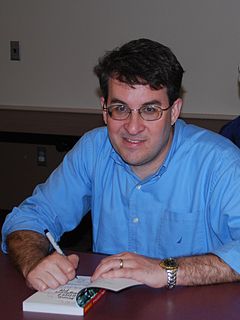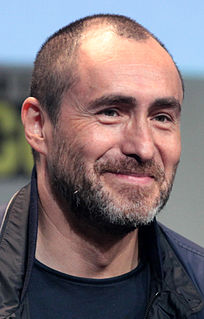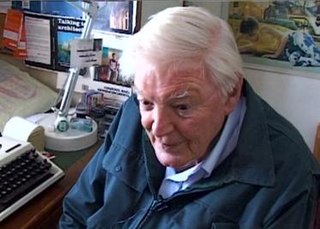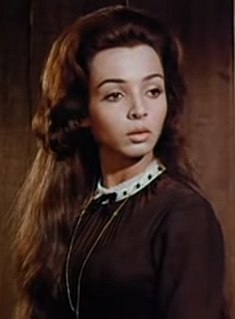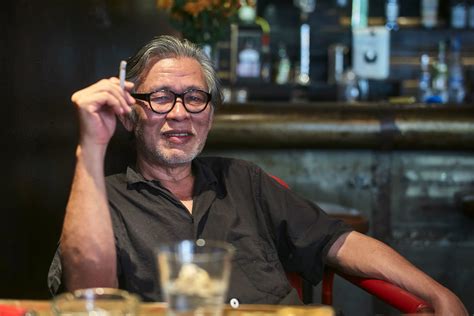A Quote by Pete Hamill
It's odd being an American now. Most of us are peaceful, but here we are again, in our fifth major war of this century.
Related Quotes
He said he "admired our courage" but didn't want to see us do anything to "damage our promising futures." He felt "proud as an American" that we had "exercised our right to peaceful free expression." But if we did it again, he didn't "know what action the state board of education might take against individual students." Translation: You've had your fun. Now sit down, shut up, and take the freakin' test. Or else.
American patriotism is now jingoism. American Greatness is made fun of. The concept of "Make America Great Again" or American exceptionalism is lampooned. It is impugned. It is attacked. The effort to globalize our society and make us feel, as many of us as possible, that there's nothing special about being an American, that we ought to think of ourselves as citizens of the world, and in that context America is a problem because we have too much, we've done too much, we owe too much, blah, blah, blah, blah, blah.
The twentieth century had dispensed with the formal declaration of war and introduced the fifth column, sabotage, cold war, and war by proxy, but that was only the begining. Summit meetings for disarmament pursued mutual understanding and a balance of power but were also held to learn the strengths and weaknesses of the enemy. The world of the war-or-peace alternative became a world in which war was peace and peace war.
In the middle of the nineteenth century, the United States embarked on a new relationship with death, entering into a civil war that proved bloodier than any other conflict in American history, a war that would presage the slaughter of World War I's Western Front and the global carnage of the twentieth century.
I have tried to defend what is most precious to our American society, a society that is now at war against the forces of racial intolerance.A big part of me making the decision was how important the play is for the times that we live in. This is a classic. It's a masterpiece of American playwriting. It's about discrimination and it's about we Mexicans being a target for so many years.
I want a world without war. War never works it just kills. I want my children to never have to have a close contact with war. I want my children and future generations to grow up free and in a peaceful world. War is not freedom it is a malignant force imposed by men in power. We must change the views of people in power now and let them know that in a diplomatic and peaceful way issues can be solved.
If we are at war with our parents, our family, our society, or our church, there is probably a war going on inside us also, so the most basic work for peace is to return to ourselves and create harmony among the elements within us - our feelings, our perceptions, and our mental states. That is why the practice of meditation, looking deeply, is so important.
Saigon, U.S.A. aptly documents the birth of a new American community, uprooted in the aftermath of war and forever torn apart by the wounds of the past, yet one capable of healing against all odds. An engrossing yet succinct film that captures not only a major incident in Vietnamese American life, but also an important chapter of American history. A profound film that manages to confront us with the deepest sorrow while allowing us to be hopeful about what it means to be human.
The American tradition of foreign policy exceptionalism, our grand strategy as a nation, reaches back much further. Really at the turn - the end of the 19th century, when we achieved power a generation after the Civil War, the outlines of an American vision came into focus, and what we - it was based on two things. One, our realization that our values and our interests were the same, and that our business interests would advance as our values advanced in the world.


